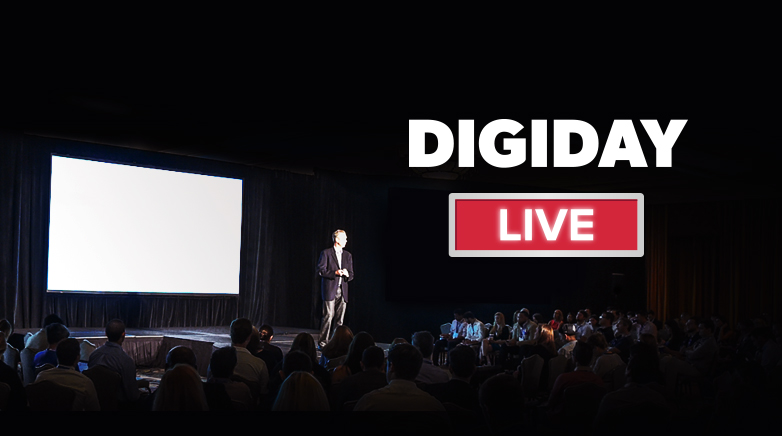Save 50% on a 3-month Digiday+ membership. Ends Dec 5.
Babbel’s Julie Hansen: It’s hard to outsource data-driven marketing to an agency

Subscribe: iTunes | Stitcher | RSS | Anchor
International expansion often means having to adjust strategies for new markets. Babbel, an 11-year-old language learning app based out of Germany learned that over seven years of failing in the U.S. market. With a revived focus on expanding to the U.S., it’s trying a new playbook.
“We started with the idea that in Europe, our motto is everyone can and should learn languages. In the U.S., it’s not for everyone,” said Julie Hansen, CEO of Babbel U.S. “ We had to start by figuring out who is the audience. We’re reaching millennials and boomers. The team needed to be way more targeted in its approach.”
Hansen discusses Babbel’s new data, agency and channel-driven marketing approach and more. Edited highlights below.
Creating a data foundation to design a marketing plan in the U.S. market.
We’re a data-driven company and we looked at a lot of data like, who is buying the product, who is coming to our website. Then we did a co-creation session to refine the marketing. The output was excellent. It’s not cheap but you should do it if you have the time. We looked at who is responding to our ads, who converted the best, what did they say about their motivations.
The conventional and unconventional marketing channels.
After failing for seven years, the company embraced the idea that the U.S. needed a longer leash. We were given a lot of latitude. We’re very channel-driven. We’re not doing a lot of brand marketing. We have an SEM manager, some offline folks who do TV and radio. One of our expertise is creating profitable direct-to-consumer offline marketing. We’re profitably buying TV. We use TVSquared, and it combines TV airings, with our website data and our sales data. It crunches it all into algorithm to tell us this ad on CNN drove these many sales. It works. We’ve had great success in reaching baby boomers on TV, radio and Facebook. By contrast, we’re focusing on social media and podcasts for millennials. Podcasts have been the most intriguing channel. The conversion rates and responses when we pick the right podcasts is unbelievable. When we get it right and the hosts get it right, the conversion is 20 percent. It’s amazing how bespoke it is. But it’s so tough to scale. We don’t have the economics work quite yet. Quora’s SEO is incredible. They have super simple text ads.
Ad position: web_incontent_pos1
Using agencies versus working in-house.
We drive the research and strategy ourselves. We use agencies for TV buying or radio. We use a tool for buying SEM but we do it in-house. The rest we do in-house. Language learning is a niche activity. By the time you onboard an agency and teach them about language learning, you’re better off developing that expertise internally. We’re also so disciplined and metrics-driven. It’s hard to outsource.
More in Marketing

Ulta, Best Buy and Adidas dominate AI holiday shopping mentions
The brands that are seeing the biggest boost from this shift in consumer behavior are some of the biggest retailers.

U.K. retailer Boots leads brand efforts to invest in ad creative’s data layer
For media dollars to make an impact, brands need ad creative that actually hits. More CMOs are investing in pre- and post-flight measurement.
Ad position: web_bfu



